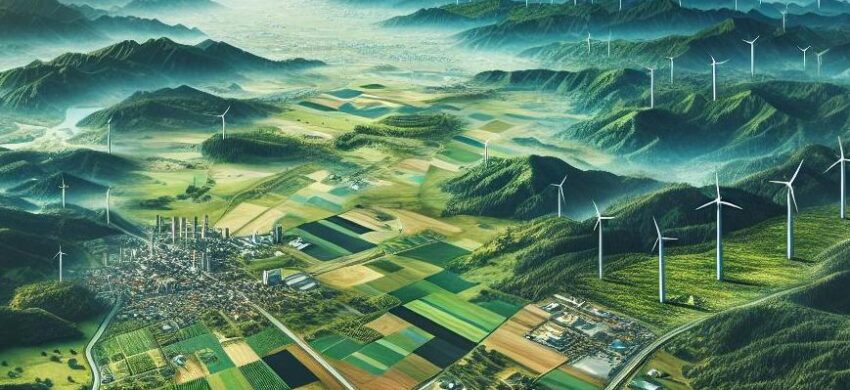Anticipating transformations in international land governance involves variables at political, economic, environmental, and societal levels. Political dynamics influence legislative changes that can alter land use definitions, regulations, and enforcement. Economic factors contribute through market pressures, increasing urbanization, and demand for land-based resources, pushing innovation in policy.
Climate change plays a huge role, demanding sustainable land-use practices linked to carbon sequestration, biodiversity conservation, and resilience building. In response, future policies may incorporate stricter environmental protections and incentives for sustainable practices.
Meanwhile, societal values and demands are evolving, pushing for a greater emphasis on land rights, particularly for indigenous cultures and disadvantaged communities. As a result, newer policy frameworks might incorporate aspects of social equity and justice.
Technological advancements provide opportunities for monitoring land changes in real-time, facilitating enforcement, and contributing to policy development. Robots, drones, and AI technologies can gather vast data, leading to more precise law enforcement and predictive policy-making.
In summary, the forecasted evolution in global land use governance can be seen as a response to various pressures and opportunities that demand innovative, sustainable, and inclusive approaches.
 |
 |


